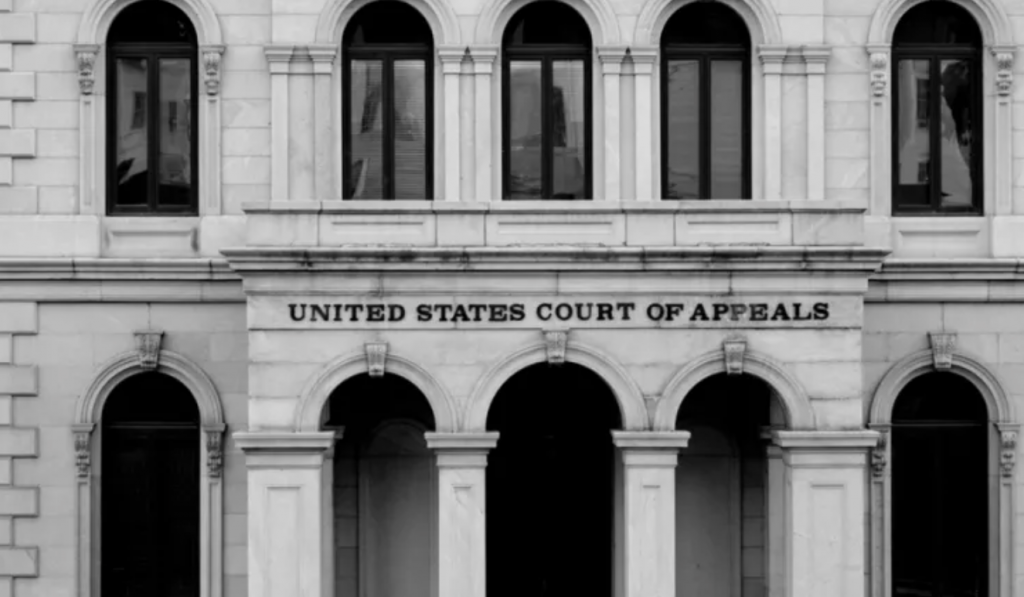A federal court on Tuesday upheld an Ohio law prohibiting doctors from performing abortions based on a prenatal diagnosis of Down syndrome.
The full Sixth Circuit Court of Appeals ruled 9-7 to lift an injunction on Ohio's Down Syndrome Non-Discrimination Act, signed into law by former Republican governor John Kasich in 2017.
A federal district court judge first blocked the law from going into effect in March 2018. A three-judge panel of the Sixth Circuit upheld the judge’s ruling in October 2019.
After the state of Ohio appealed the ruling to the full panel of the Sixth Circuit, a majority on Tuesday reversed the district court’s injunction.
“The right to an abortion before viability is not absolute,” wrote Judge Alice Batchelder in the court’s majority opinion, adding, “Simply put, there is no absolute or per se right to an abortion based on the stage of the pregnancy.”
Ohio’s law H.B. 214 would make performing abortions based on a Down syndrome diagnosis - or the likelihood of such a diagnosis - subject to criminal penalties. Doctors would be in violation of the law if they knew the mother’s reason for seeking an abortion was a diagnosis of Down syndrome, or a belief that the child had Down syndrome.
Some pro-life advocates argue that the Supreme Court should now rule on the Ohio law, or on similar laws in other states.
In a statement, Marjorie Dannenfelser, president of the Susan B. Anthony List, said the ruling “upholds Ohio as a safe haven for unborn babies with Down Syndrome.”
“This law includes reasonable, compassionate measures to prevent lethal discrimination in the womb,” Dannenfelser said. She added that the law “has the potential to pose a significant challenge to Roe v. Wade.”
The court’s 1973 ruling in Roe found that women had a right to an abortion before the “viability” of the unborn child, but that states could regulate the issue once the child is viable. In the 1992 Planned Parenthood v. Casey ruling, the court found that states could regulate abortion pre-viability, but could not pose an “undue burden” on a woman’s right to an abortion.
On Tuesday, a majority on the Sixth Circuit ruled that the law did not impose an “undue burden” on women seeking an abortion.
“We hold that the restrictions imposed, or burdens created, by H.B. 214 do not create a substantial obstacle to a woman’s ability to choose or obtain an abortion. Moreover, those restrictions are reasonably related to, and further, Ohio’s legitimate interests,” the majority opinion stated.
Dannenfelser said that the Supreme Court should rule on the matter.
“Now that a circuit split has occurred on the issue of whether states may prohibit the eugenic practice of discrimination abortion, the Supreme Court has even more reason to weigh in on this important matter and declare these laws as constitutional,” she said.
Other “discrimination abortion” bans have been passed by states, outlawing abortions conducted for reasons of the baby’s sex, race, or fetal anomaly.
“Discriminatory abortions based on sex, race and disability are no less than modern-day eugenics, and must swiftly come to an end,” Dannenfelser stated.
Two Ohio Planned Parenthood affiliates were among the organizations that sued over Ohio’s law. Alexis McGill Johnson, president and CEO of the Planned Parenthood Federation of America, said in a statement, “This abortion ban inserts politicians between patients and their doctors, denying services to those who need it.”

